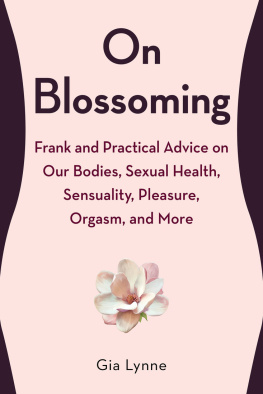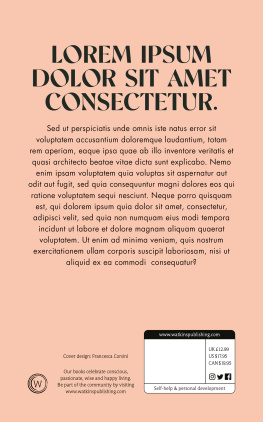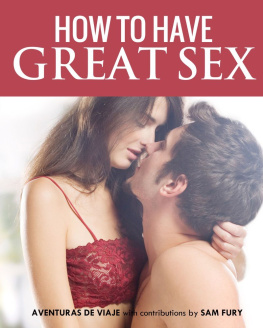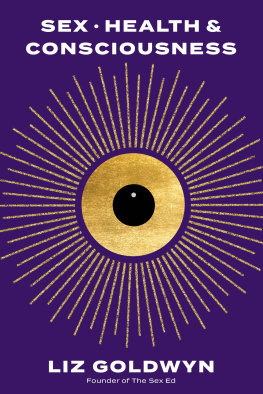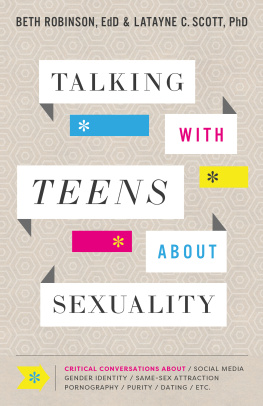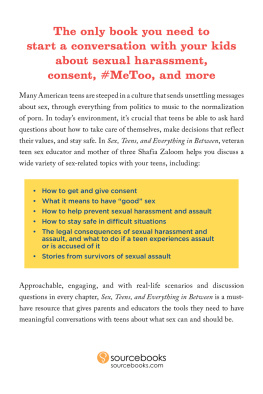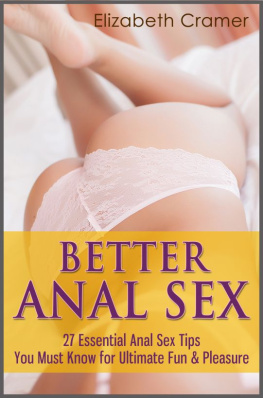


Copyright 2019 by Gia Lynne
All rights reserved. No part of this book may be reproduced in any manner without the express written consent of the publisher, except in the case of brief excerpts in critical reviews or articles. All inquiries should be addressed to Skyhorse Publishing, 307 West 36th Street, 11th Floor, New York, NY 10018.
Skyhorse Publishing books may be purchased in bulk at special discounts for sales promotion, corporate gifts, fund-raising, or educational purposes. Special editions can also be created to specifications. For details, contact the Special Sales Department, Skyhorse Publishing, 307 West 36th Street, 11th Floor, New York, NY 10018 or .
Skyhorse and Skyhorse Publishing are registered trademarks of Skyhorse Publishing, Inc., a Delaware corporation.
Visit our website at www.skyhorsepublishing.com.
10 9 8 7 6 5 4 3 2 1
Library of Congress Cataloging-in-Publication Data is available on file.
Cover design by Daniel Brount
Print ISBN: 978-1-5107-4491-2
Ebook ISBN: 978-1-5107-4493-6
Printed in the United States of America
This book is dedicated to everyone who wants more.
CONTENTS
DISCLAIMER
M y intent in writing this book is to change the conversation around sexuality to one that incorporates the principles of pleasure into sex education for youth. This book details my personal experiences with and viewpoints about human sexuality. I aim for you to find information, ideas, and tools that are useful to make healthy, responsible choices and add your voice to this significant conversation.
As you consider the information I offer and how it applies to your life, please remember that no book can replace parental guidance or professional counselling, education, health, and mental care. It is extremely important to consult with your own doctor before making any medical decisions. I and my publisher specifically disclaim any liability in connection with the use or application of the information in this book.
I have done my best to provide complete and accurate references in this book as of press time, including URLs, but of course websites do change over time.

This is a work of creative nonfiction. While all the stories in this book are true, some names and identifying details have been changed to protect the privacy of the people involved.
Introduction
MY FUNDAMENTALS
W ho here actually learned about pleasure when they were growing up? For that matter, who learned about their clitoris? Andrea Barrica, founder of the online sex education platform O.school, looked across the packed room of educators, researchers, and sex ed enthusiasts who were attending her class on Queering up Sex Ed. Sitting in the front row, I raised my hand, alone in doing so amongst roughly forty or so adults. She scanned the crowd, a smile already playing across her face, fully expecting to see no raised hands, and upon finding me, paused only momentarily to dismiss what she saw with a laughing quip, Theres always one, and theyre always from the Netherlands!
Shes not entirely wrong, despite the fact that the majority of parents
But she was wrong about the Netherlands thing. I was born and raised in Northern California by an intelligent group of individuals who believe in all people learning about their bodies and their personal potential for pleasure. Needless to say, I had a far more comprehensive sex education than many. I had one-on-one conversations with both of my parents about how bodies work, an actual homeschool class (comprised of my sister and I as the entire student body) called The Female Body Class where we learned about, you guessed it, all matters concerning our bodies, and was encouraged through conversation, my parents actions, and the very environment I was immersed in to simply be myself, be a free person, and to love my own body.

As an adult, I recognize the growing desire for a bigger, more inclusive conversation about pleasure with our youth. A disparity exists in our education: For the most part, girls learn about painful periods and unwanted pregnancies while boys learn about wet dreams and ejaculation, which results in an even greater disparity in adulthood. This occurs inside and outside of the bedroom: 95 percent of heterosexual men experience orgasm during most of their sexual encounters whereas heterosexual women experience orgasm 65 percent of the time, It is my firm belief that comprehensive sex education focused on pleasure, which includes topics like body awareness, body image, pleasurable anatomy, positive communication skills, and tools to explore ones own body, is the key to changing the current taboo climate around our sexuality and sensuality. Learning about pleasure openly and encouraging positive, healthy choices in our early education creates more positive experiences and promotes sexual health in our adulthood and throughout our lives.

When I was eight years old, I conceived of the idea of writing a book. As in, I realized that a person could actually write a book, a whole book. It seemed to be an enormous feat and an accomplishment worth doing in ones life. At around the same time, I wrapped my head around the concept of going to college for four years, which seemed like an interminable amount of time, and decided that was also a worthwhile endeavor. At age eight, I had two life goals set for myself.
I knew then that I lived a life to tell about: I was surrounded by happy adults living in community and I already knew that we had something fun going on. This seemed like a book that should be written.
Around that time, my dad taught me how to use our handheld camcorder. That night, as we sat around the barbecue fire lit only by the glowing coals, he told me that it is important for me to document. I didnt fully comprehend what he meant at the time (document what, exactly?) but I knew enough to listen and to follow his words. I stood there, holding the small camcorder in slightly shaky hands, and I watched a conversation unfold between adults, between friends. Their words didnt pertain to me, but I could stand back and observe, regardless of content. That notion of documentation, of acknowledging our experience together, has stuck with me ever since.
I realized when I got older that not everyone grew up the way I did. It was easy to see simply in what people knew about sex that I grew up knowing a lot more about how bodies work and how humans relate than was the norm. I realized that a lot of people my age didnt necessarily have good relationships with their parents even in their twenties, let alone through their teens. And that was perfectly fine, a sore spot perhaps, but nothing for them to change. I realized that most people dont want to talk about sex, good sex, despite the fact that they may be willing to joke about it or watch it online in the form of pornography. It seemed that there was a disconnect between how people thought of their bodies and how they experienced them.
In contrast, I grew up being friends with my parents. I was able to talk to both my mom and my dad about my body, about how I felt, and about what I noticed in the world around me. They taught me how to do that through telling me the truth about their own experiencewhat they thought, what they felt, what they were experiencing, what they were noticing.
Next page
